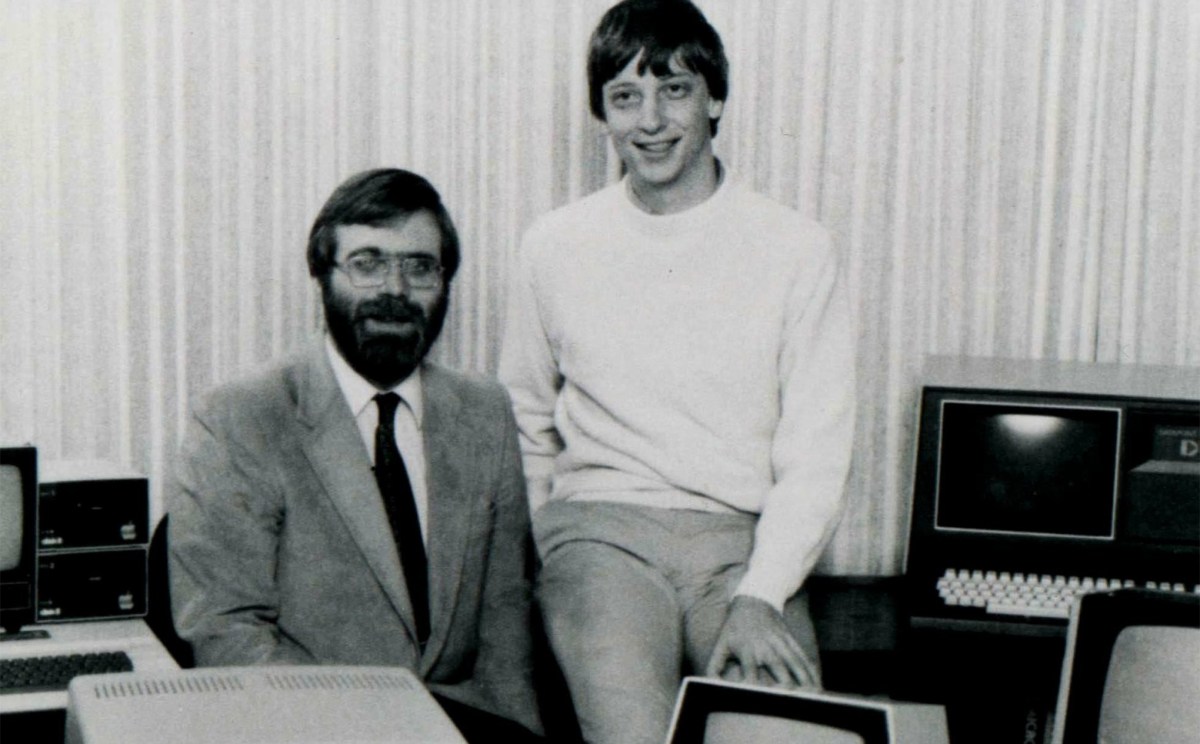From Garage Startup to Tech Giant: Microsoft Celebrates Half a Century of Innovation

The journey of technological innovation began with a groundbreaking moment in 1975 when personal computers first emerged, revolutionizing the way people interact with technology. What started as a niche market quickly transformed into a global phenomenon that would reshape communication, work, and entertainment for generations to come.
In those early days, computers were bulky, complex machines that captured the imagination of tech enthusiasts and visionaries. Pioneers like Bill Gates and Steve Jobs saw beyond the limitations of the time, envisioning a future where computing power would be accessible to everyone. Their bold dreams and relentless innovation would soon turn personal computing from a specialized tool into an essential part of daily life.
As technology rapidly evolved, personal computers became more compact, powerful, and affordable. What once filled entire rooms could now sit comfortably on a desk, bringing unprecedented computational capabilities directly into homes and offices. This democratization of technology opened up new possibilities for learning, creativity, and connection that would fundamentally change how we live and work.
